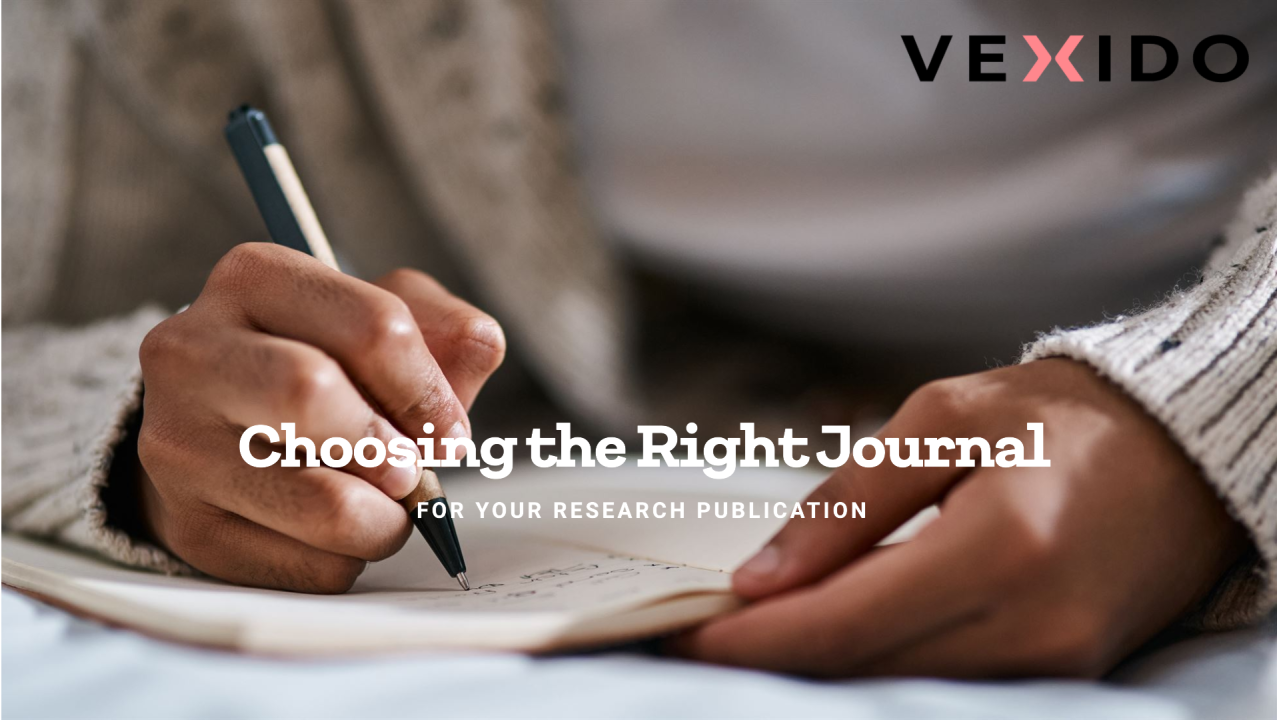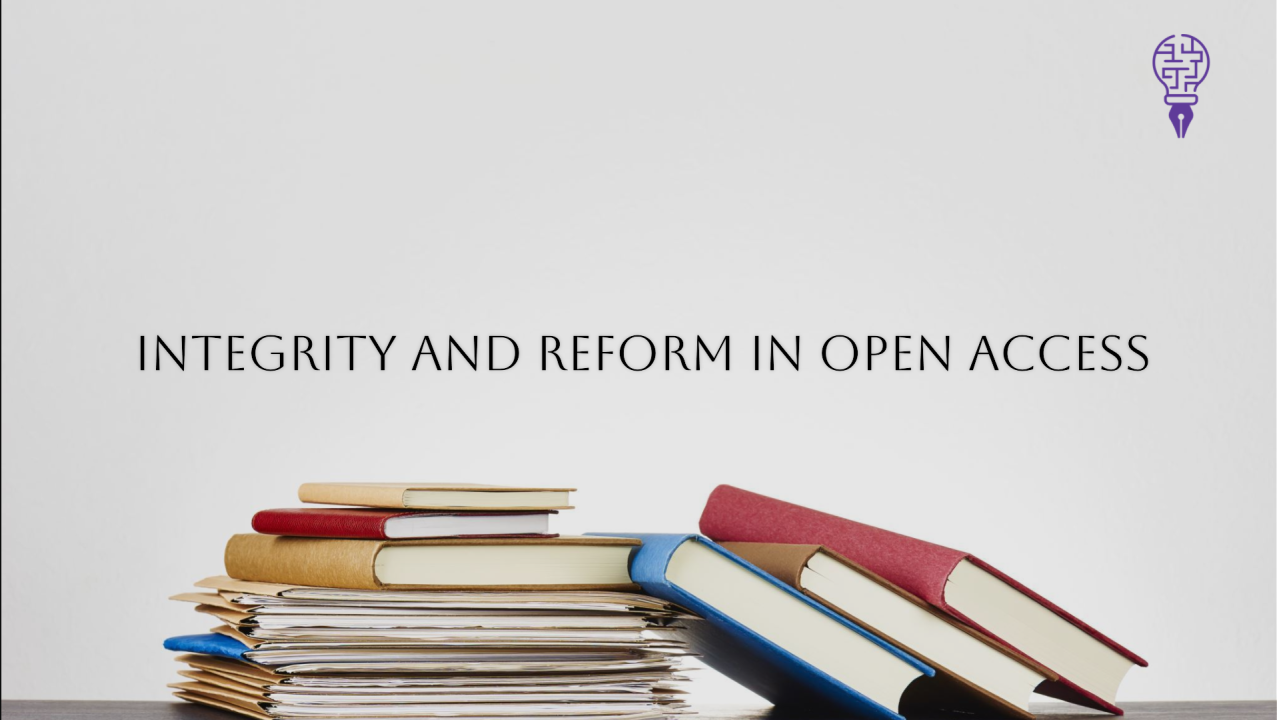
Unlocking the Power of Secondary Publishing Rights: A Guide for Research Scholars
Created Date 28-Feb-2025 EST
Why Every Researcher Should Care About Secondary Publishing Rights
In the competitive world of academia, publishing a research paper is a milestone. However, what many scholars overlook is the ownership of their work beyond its initial publication. This is where secondary publishing rights come into play. Understanding and negotiating these rights can significantly enhance the reach and impact of your research while ensuring compliance with copyright policies.
This article explores what secondary publishing rights are, why they matter, and how research scholars can leverage them for long-term academic and professional benefits.
What Are Secondary Publishing Rights?
Secondary publishing rights refer to the permissions that allow an author to reuse or republish their work after it has been officially published in a journal. These rights determine whether a researcher can:
- Share their article on institutional repositories (e.g., ResearchGate, arXiv, SSRN)
- Translate the work into other languages for broader access
- Include the paper in edited book volumes, anthologies, or textbooks
- Use the research for conference presentations and personal archives
- Comply with open-access policies mandated by funding agencies
- Distribute copies for academic networking and collaborations
Most traditional publishers require authors to sign copyright transfer agreements (CTA), which often limit their ability to use their own work beyond the journal’s platform. However, negotiating secondary publishing rights can ensure more control and visibility for researchers.
Why Secondary Publishing Rights Matter?
Secondary publishing rights are not just a legal formality; they can make a significant difference in a researcher’s career. Here’s why:
1. Increases Research Visibility and Citations
Publishing in high-impact journals is important, but many researchers struggle with accessibility due to paywalls. By retaining secondary rights, you can self-archive a preprint or postprint version in an open-access repository. This increases the chances of your work being cited, leading to greater academic recognition.
2. Enhances Collaboration and Knowledge Sharing
Secondary publishing rights allow you to freely share your research with colleagues, at conferences, and in networking platforms. This ensures that your findings reach a wider audience, potentially leading to interdisciplinary collaborations and funding opportunities.
3. Meets Open Access and Funding Requirements
Many funding agencies and universities now mandate that research outputs be publicly accessible. Negotiating secondary publishing rights ensures that you can comply with these requirements without violating publisher policies.
4. Expands Career Opportunities
If you plan to publish a book, contribute to an edited volume, or repurpose your research, secondary rights allow you to do so without seeking fresh permissions from the publisher. This is particularly beneficial for scholars looking to expand their research into multiple formats.
5. Enables Multilingual Reach
If your research is valuable to non-English speaking audiences, having the right to translate your work ensures that your findings benefit a global community without being restricted by the original publisher’s policies.
How to Negotiate Secondary Publishing Rights?
Many researchers assume that publisher contracts are non-negotiable—but that’s not entirely true. Here’s how you can secure better control over your work:
1. Read the Publishing Contract Carefully
Before signing any agreement, check what rights the publisher requires you to transfer. If it’s a full copyright transfer, consider negotiating for:
- The right to share a preprint or postprint version
- The ability to reuse the work in books or conference materials
- The permission to self-archive on repositories
2. Choose Open Access Options When Possible
If the journal offers Gold or Green Open Access, consider choosing these options. Many Green Open Access models allow self-archiving after an embargo period.
3. Use Addendums to Modify Publisher Agreements
Tools like the SPARC Author Addendum help researchers modify copyright agreements. You can request to retain:
- The right to post the article in repositories
- The right to distribute copies for teaching and research
- The right to use content for future publications
4. Check Journal Policies via SHERPA/RoMEO
Before submitting your paper, visit SHERPA/RoMEO to check the journal’s policies on self-archiving and secondary publishing rights.
5. Secure Funders’ and Institutions’ Support
Many universities and research funding bodies encourage open access. Seek support from your institution’s library or research office to negotiate better publishing terms.
Best Practices for Using Your Secondary Publishing Rights
Once you’ve secured the right to reuse your work, make the most of it:
- Upload preprint or postprint versions to platforms like ResearchGate, SSRN, or institutional repositories.
- Translate your research if it benefits a wider audience.
- Share links to open-access copies in academic discussions, social media, and personal websites.
- Use your published work in teaching materials and conference presentations.
- Explore opportunities to republish in edited collections, case studies, or professional reports.
Conclusion: Take Control of Your Research
Research scholars invest immense effort into their publications. Yet, without understanding and negotiating secondary publishing rights, much of their work remains behind paywalls, limiting its impact.
By proactively securing secondary publishing rights, scholars can increase their research visibility, expand career opportunities, and contribute more effectively to the global academic community.
???? Call to Action: Are you negotiating your publishing rights? If not, it’s time to start! Share your thoughts and experiences in the comments below. Let’s empower each other in the research community!
This entry was posted in Imran A Khan and tagged A Guide for Research Scholars


















